 The Department of Pediatrics would like to introduce the 2023 Department of Pediatrics Staff Recognition Awards. These awards were created to honor staff members throughout the department for their contribution and commitment to the department's mission. Our staff are essential to making our department run, and this is an opportunity to show our appreciation.
The Department of Pediatrics would like to introduce the 2023 Department of Pediatrics Staff Recognition Awards. These awards were created to honor staff members throughout the department for their contribution and commitment to the department's mission. Our staff are essential to making our department run, and this is an opportunity to show our appreciation.
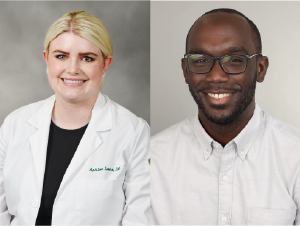 Last Friday, the residents who are a part of the Health Equity Scholars Program were announced. For the past two years, fellows have had the opportunity to be a part of the program.
Last Friday, the residents who are a part of the Health Equity Scholars Program were announced. For the past two years, fellows have had the opportunity to be a part of the program.
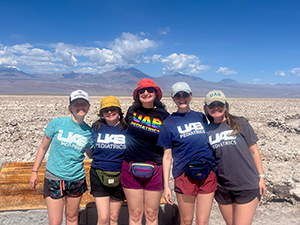 The Pediatric Underserved and Global Health (PUGH) Scholars program is a longitudinal opportunity for pediatric residents at UAB to gain experience and focused education in global health during the 3 years of residency training. It consists of Global Health Interest group meetings in addition to gatherings after hours. The Global Health Interest Group meets regularly during the year; these meetings are open to any interested resident.
The Pediatric Underserved and Global Health (PUGH) Scholars program is a longitudinal opportunity for pediatric residents at UAB to gain experience and focused education in global health during the 3 years of residency training. It consists of Global Health Interest group meetings in addition to gatherings after hours. The Global Health Interest Group meets regularly during the year; these meetings are open to any interested resident.

The McDonald Scholars Program will place selected PGII-IV residents in an established rural and/or underserved pediatric practice in Alabama for an immersive experience as an observer and patient caregiver coordinated by Dr. Candice Dye. Additional goals include the following:
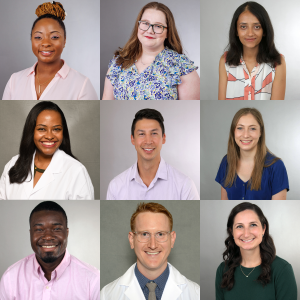
Critical determinants of children's health and well-being are rooted in socioecological and behavioral factors that are beyond the typical purview of the health care system. To adequately address health, pediatricians must unpack these through the lens of child health equity.
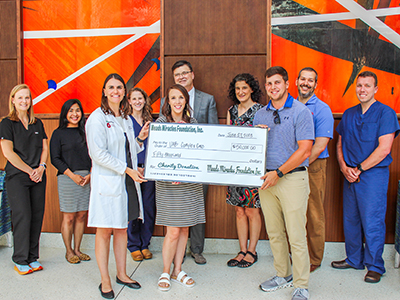 After Hannah and Jared Meads lost their twin boys to the rare genetic disorder, Congenital Disorders of Glycosylation (CDG), they wanted to find a way to help others impacted by CDG. To honor the memory of their boys, the Meads Miracles, the Meads established the Meads Miracles Charity Golf Tournament to help fund research and provide for families impacted by CDG.
After Hannah and Jared Meads lost their twin boys to the rare genetic disorder, Congenital Disorders of Glycosylation (CDG), they wanted to find a way to help others impacted by CDG. To honor the memory of their boys, the Meads Miracles, the Meads established the Meads Miracles Charity Golf Tournament to help fund research and provide for families impacted by CDG.

The “Capital Crawl” protest of March 13, 1990 demonstrated on a national level, barriers to accessibility for individuals with disabilities. On this day, people as young as eight years old abandoned their mobility aids and crawled up the capitol steps in Washington, D.C. Disability Pride Month highlights the signing of the Americans with Disabilities Act (ADA) into law on July 26, 1990 by George H.W. Bush and reminds us of the contributions of so many such as Judith Heumann, Jennifer Keelan-Chaffins, James LeBrecht, and Lex Fieden in the forward progress for those with disabilities.
 Erin Shaughnessy, M.D., associate professor in the Division of Pediatric Hospital Medicine, received the inaugural Faculty Champion for the Fellows award.
Erin Shaughnessy, M.D., associate professor in the Division of Pediatric Hospital Medicine, received the inaugural Faculty Champion for the Fellows award.
Ambika Ashraf, M.D., professor in the Division of Pediatric Endocrinology and Diabetes, has been appointed to co-chair the Equity, Diversity and Inclusion Council of the Pediatric Endocrine Society (PES).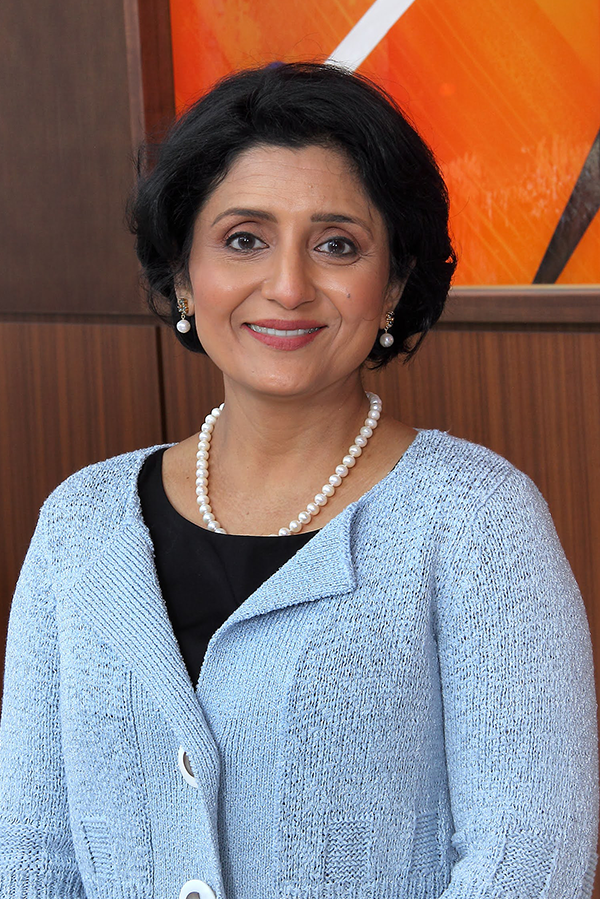
The UAB Department of Pediatrics welcomed one new faculty member in the month of June. Please join us in making him feel at home!
- Pediatric Residency Program hands out annual awards at Graduation Banquet
- Dr. Riegle receives the Carolyn Ashworth Primary Care Award
- Dr. Brown receives 2023 Spring Roundtable and Core Conference Attendance Award
- Eight Children’s of Alabama pediatric specialties recognized among nation's best by U.S. News & World Report